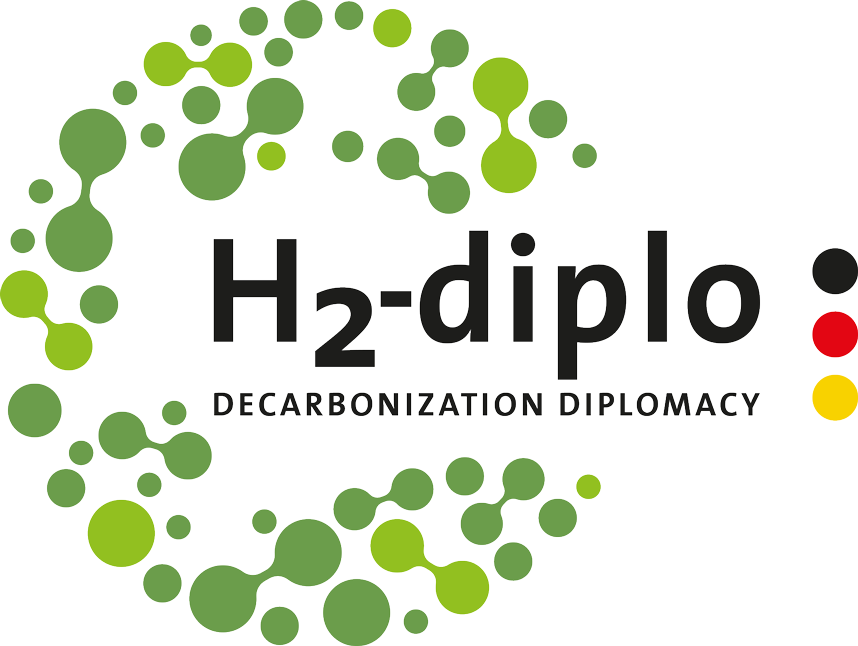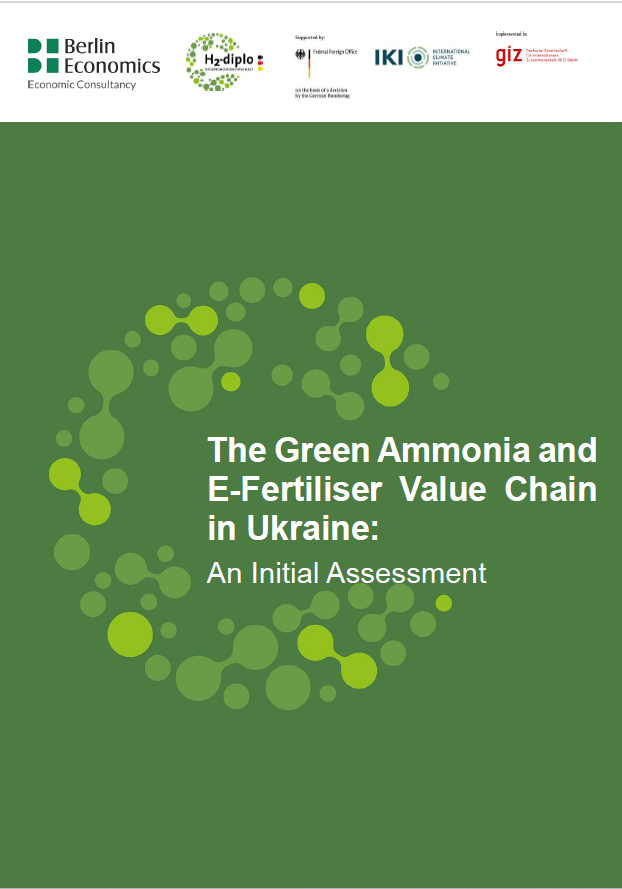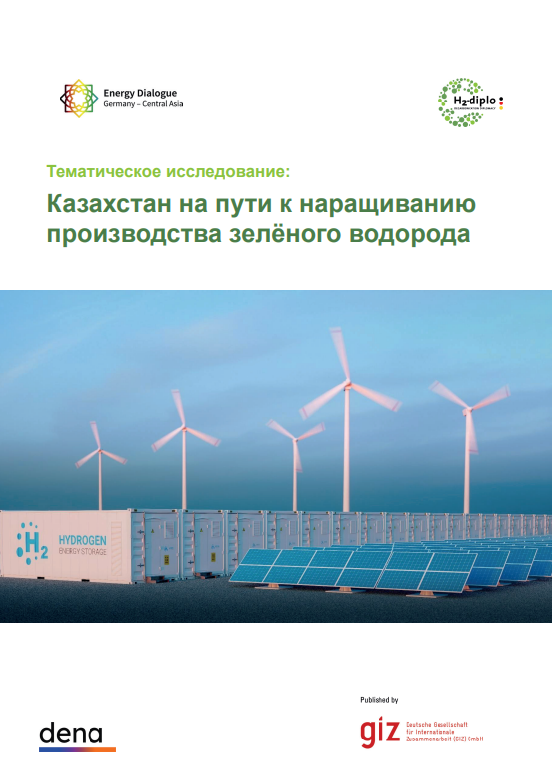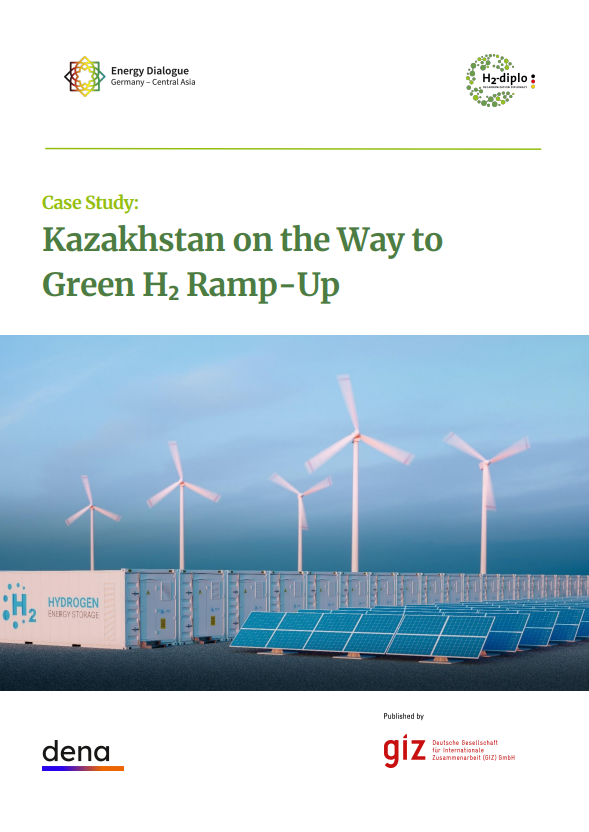H2-diplo
Decarbonization Diplomacy
What is H2-diplo?
H2-diplo is an initiative of the Federal Foreign Office to support the German Federal Government's energy and climate foreign policy. In order to limit global warming to 1.5°C, greenhouse gas emissions must be reduced. This requires a move away from fossil fuels such as crude oil, natural gas or coal. H2-diplo is working together with partner countries on ways to use green hydrogen to decarbonise and diversify their economies. Green hydrogen produced from renewable energies can play a key role in decarbonising so-called hard-to-abate sectors, such as the production of chemicals or steel. In addition, H2-diplo addresses geopolitical questions surrounding the international market ramp-up of green hydrogen, such as shifting balances of power on the path to a climate-neutral global economy.
News & Events
- Global
- 11/11/2025
- Country Potentials, Decarbonization, Geopolitics, Regulatory Framework, Sustainability
- Angola
- 05/11/2025
- Country Potentials, Decarbonization, Geopolitics, Hydrogen Strategy, Sustainability
- Kazakhstan
- 25/08/2025
- 29/08/2025
- Decarbonization, Regulatory Framework, Skills Development, Sustainability
H2-diplo activities in partner countries and beyond
With the H2-diplo offices and several other activities, the project is working with stakeholders such as governments, think tanks, NGOs and German embassies worldwide. To find out more about these activities in each country, please click on this world map.
- H2-diplo offices
- Further H2-diplo activities



